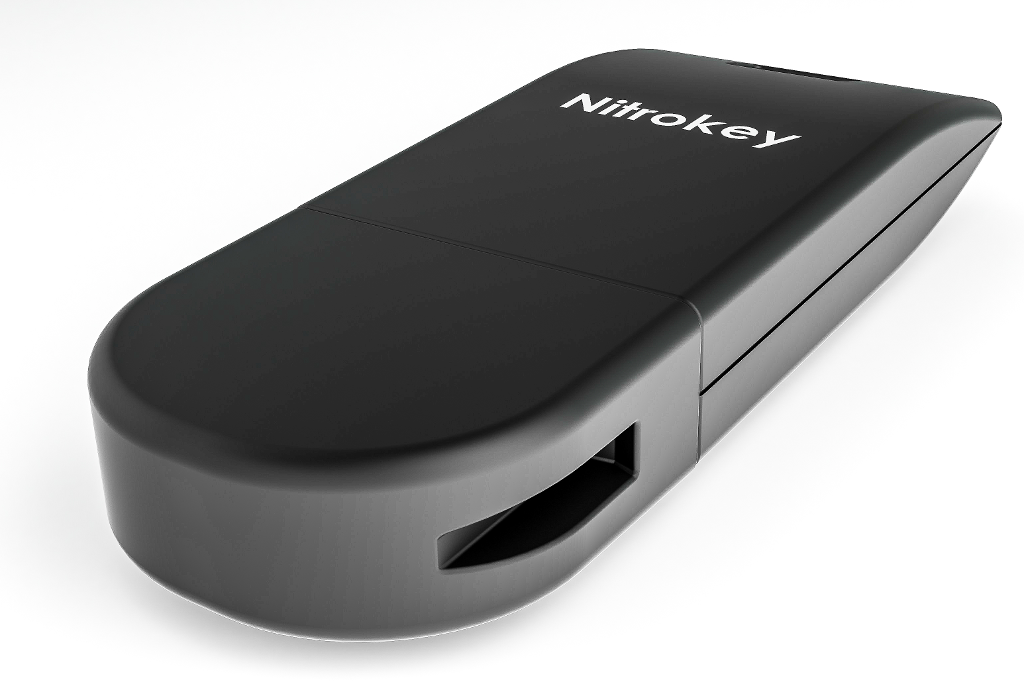Check SSL certificates
 August 24th, 2011
August 24th, 2011
This post is mostly a collection of commands that can help in juggling around SSL certificates and associated files. Check SSL certificates and make sure they are what you think they are. Especially when things do not go as expected, these commands are handy to have around.
More... August 17th, 2011
August 17th, 2011
 July 5th, 2011
July 5th, 2011
 June 29th, 2011
June 29th, 2011
 April 22nd, 2011
April 22nd, 2011